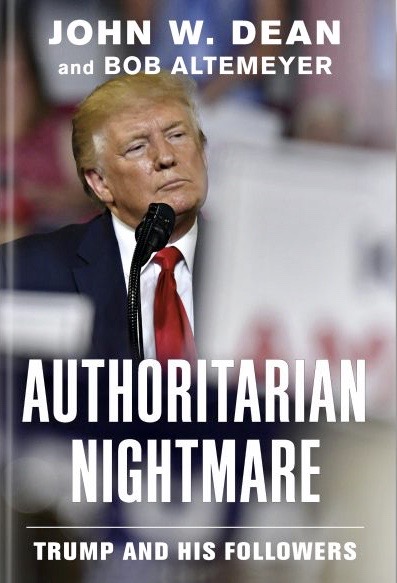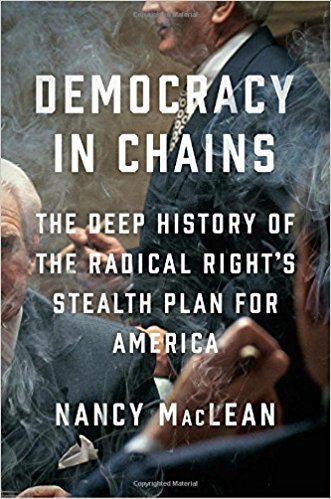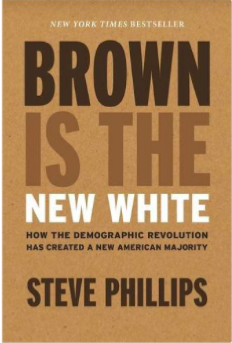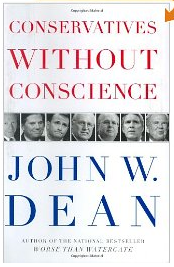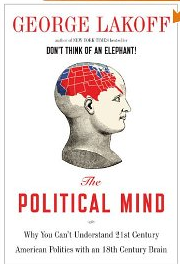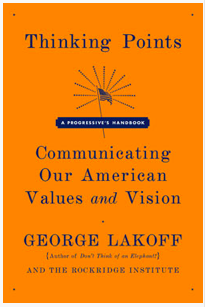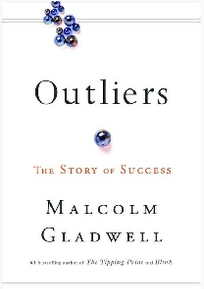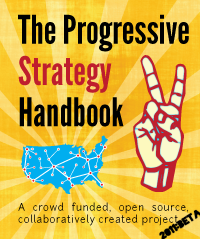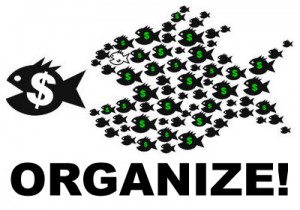The following are excerpts are from a recent article by Chris Hedges:
Snowden, we are told, could have reformed from the inside. He could have gone to his superiors or Congress or the courts. But Snowden had numerous examples—including the persecution of the whistle-blower Thomas Drake, who originally tried to go through so-called proper channels—to remind him that working within the system is fatal. He had watched as senior officials including Barack Obama lied to the public about internal surveillance. He knew that the president was dishonest when he assured Americans that the Foreign Intelligence Surveillance Court, which meets in secret and hears only from the government, is “transparent.†He knew that the president’s statement that Congress was “overseeing the entire program†was false. He knew that everything Director of National Intelligence James Clapper told the press, the Congress and the public about the surveillance of Americans was a lie. And he knew that if this information was to be made available to the public he would have to do so through a few journalists whose integrity he could trust.
Societies that once had democratic traditions, or periods when openness was possible, are often seduced into totalitarian systems because those who rule continue to pay outward fealty to the ideals, practices and forms of the old systems. This was true when the Emperor Augustus dismantled the Roman Republic. It was true when Lenin and the Bolsheviks seized control of the autonomous soviets and ruthlessly centralized power. It was true following the collapse of the Weimar Republic and the rise of Nazi fascism. Thomas Paine described despotic government as a fungus growing out of a corrupt civil society. And this is what has happened to us.
No one who lives under constant surveillance, who is subject to detention anywhere at any time, whose conversations, messages, meetings, proclivities and habits are recorded, stored and analyzed, can be described as free. The relationship between the U.S. government and the U.S. citizen is now one of master and slave. Yet the prerogative state assures us that our rights are sacred, that it abides by the will of the people and the consent of the governed.
The defense of liberty, which Snowden exhibited when he cast his fortune, his safety and his life aside to inform the public of the forces arrayed against constitutional rights, entails grave risks in dual states. It demands personal sacrifice. Snowden has called us to this sacrifice. He has allowed us to see who we are and what we have become. He has given us a chance. He has also shown us the heavy cost of defiance. It is up to us to seize this chance and dismantle the prerogative state. This means removing from power those who stole our liberty and lied to us. It means refusing to naively trust in their promised reform—for reform will never come from those who are complicit in such crimes. It will come through Americans’ construction of mass movements and alternative centers of power that can mount sustained pressure. If we fail to sever these chains we will become, like many who did not rise up in time to save their civil societies, human chattel.





